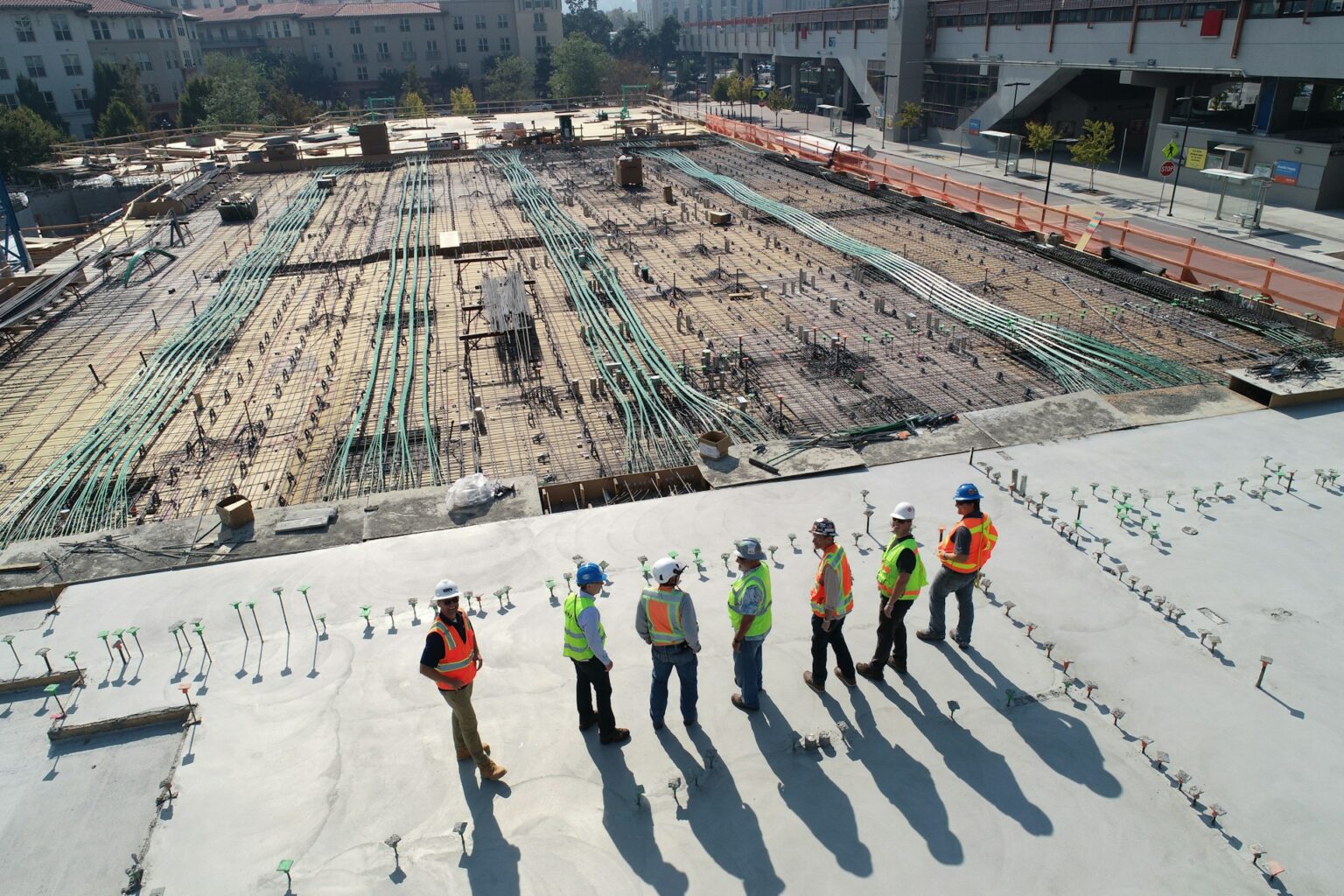In today’s interconnected world, international construction projects have become increasingly common as companies seek opportunities to expand their global reach. However, the success of these projects often hinges on more than just technical expertise and financial resources. Cultural sensitivity plays a crucial role in ensuring smooth collaboration and successful outcomes in such endeavors. In this blog post, we will delve into the significance of cultural sensitivity in international construction projects, exploring various aspects such as understanding cultural norms, effective communication strategies, and fostering inclusive teams.
Understanding Cultural Norms and Customs
When embarking on an international construction project, it is essential to gain a deep understanding of the cultural norms and customs of the host country. Every society has its unique practices, beliefs, and values that influence how business is conducted. Ignoring or misunderstanding these cultural nuances can lead to misunderstandings, conflicts, and ultimately project delays or failures.
To navigate cultural differences effectively, international construction companies must invest time and resources in cultural intelligence training for their teams. This involves learning about local customs, etiquette, and communication styles to ensure respectful interactions with stakeholders and community members.
Effective Cross-Cultural Communication Strategies
Effective communication is the cornerstone of successful international construction projects. However, communicating across cultural boundaries can be challenging due to differences in language, non-verbal cues, and communication styles. To overcome these challenges, project teams must employ strategies that facilitate clear and concise communication.
One effective strategy is to use interpreters or translators who are fluent in both the host country’s language and the language of the international construction company. Additionally, leveraging technology such as video conferencing and project management software can help bridge communication gaps and ensure that all team members are on the same page.
Respecting Local Traditions and Practices
Respecting local traditions and practices is essential for building trust and rapport with the host community. From religious ceremonies to cultural festivals, international construction companies must be mindful of how their activities impact the local population. This may involve making adjustments to construction schedules or design plans to accommodate cultural events or rituals.
Furthermore, engaging with local stakeholders and seeking their input throughout the project lifecycle demonstrates a commitment to respecting their traditions and practices. By incorporating local knowledge and expertise, international construction companies can enhance the overall quality and sustainability of their projects.
Fostering Inclusive and Diverse Teams
Diversity and inclusion are key drivers of innovation and creativity in international construction projects. By fostering a culture of inclusivity, companies can tap into the diverse perspectives and experiences of their team members to tackle complex challenges more effectively.
Creating a diverse workforce starts with recruiting talent from a variety of backgrounds and cultures. However, it also requires creating an environment where all employees feel valued, respected, and empowered to contribute their unique insights. This may involve implementing diversity training programs, establishing affinity groups, and promoting cultural exchange initiatives within the organization.
Leadership styles can vary significantly across cultures, with some cultures placing a greater emphasis on hierarchy and authority, while others prioritize collaboration and consensus-building. In international construction projects, navigating these cultural differences in leadership styles is crucial for effective team dynamics and decision-making.
International construction companies must be mindful of how their leadership approach may be perceived by team members from different cultural backgrounds. This may involve adapting leadership styles to suit the cultural context or fostering a more inclusive leadership culture that values input from all team members, regardless of hierarchy or status.
Sensitivity in Design and Architectural Considerations
Architecture is not just about aesthetics; it also reflects the cultural values and identity of a society. When designing international construction projects, architects must be sensitive to the cultural context in which they are operating. This includes considering local building materials, architectural styles, and sustainability practices that align with the host country’s cultural heritage.
Furthermore, architects should engage with local communities and stakeholders to ensure that their design proposals are culturally appropriate and responsive to the needs of the community. By incorporating local input and feedback, international construction companies can create spaces that resonate with the people who will ultimately inhabit them.
Building Trust and Rapport with Local Communities
Building trust and rapport with local communities is essential for the long-term success and sustainability of international construction projects. Trust is built through transparent communication, genuine engagement, and a commitment to social responsibility.
International construction companies can build trust with local communities by involving them in the project planning and decision-making process from the outset. This may involve conducting community consultations, addressing concerns about environmental impact or displacement, and investing in social development initiatives that benefit the local population.
In conclusion, cultural sensitivity is a vital aspect of international construction projects that cannot be overlooked. By understanding cultural norms, communicating effectively, respecting local traditions, fostering diversity, and building trust with local communities, international construction companies can navigate cultural differences more successfully and achieve better outcomes for all stakeholders involved.
